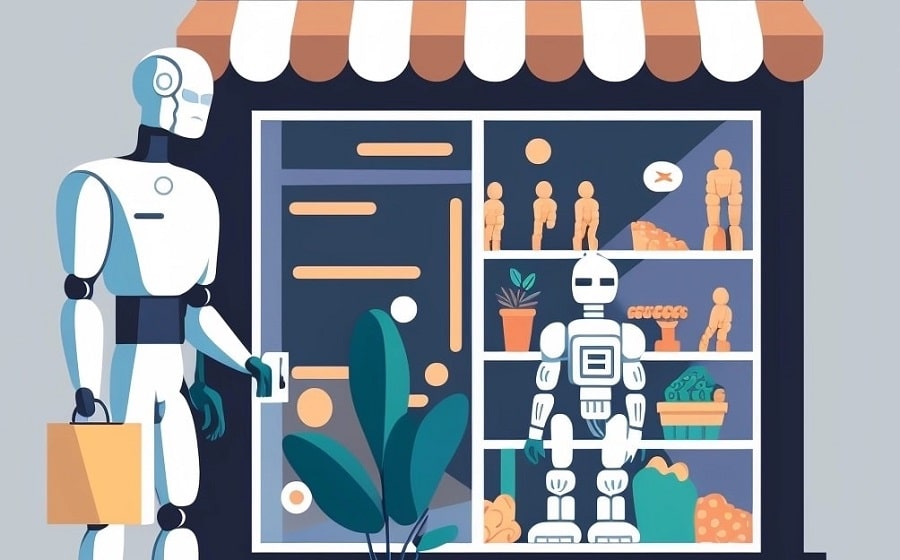The Benefits of AI for Small Business Marketing
Small business owners are always on the lookout for innovative ways to improve their marketing efforts and reach more customers, but keeping up with the fast-paced and constantly evolving marketing landscape can be a challenge. That’s why the adoption of Artificial Intelligence (AI) is becoming increasingly important in the world of marketing.
AI is revolutionizing the way small businesses operate. By leveraging its potential, they can reach far and wide, create lasting connections and do more with less – in ways that have never been explored before. This opens up new doors of success for them to explore.
Think about it – wouldn’t it be amazing if you could personalize your marketing strategies to reach each and every customer with the right message at the right time? Or imagine the benefits of understanding your customers’ behaviour and preferences, and providing a more seamless and personalized experience for them. With AI, all of these possibilities are now within reach for small businesses.
In this blog post, we’ll explore the many ways in which AI can help small businesses maximize their marketing potential. From predictive analytics to automated marketing campaigns, we’ll show you how this powerful technology can revolutionize your marketing efforts and help you achieve your business goals. So, let’s dive in and discover how AI can take your marketing efforts to the next level!
- Personalized Marketing Strategies
Personalization is key in marketing, as customers are more likely to engage with campaigns and messages that are tailored to their individual needs and preferences. AI algorithms can analyse customer data, such as demographic information, purchase history, and online behaviour, to develop personalized marketing strategies. Small businesses can deliver more relevant and targeted messages to their customers, increasing the chances of conversion and building stronger relationships. - Improved Customer Journey
AI can also help small businesses understand their customer’s behaviour and preferences, allowing them to provide a more seamless and personalized experience. For example, chatbots powered by AI can answer customer questions, provide recommendations, and even complete transactions, all in real time. By optimizing the customer journey, small businesses can increase customer satisfaction and build brand loyalty. - Predictive Analytics
AI-powered predictive analytics can help small businesses understand consumer trends and predict future behaviour, allowing them to stay ahead of the curve and make data-driven decisions. This technology can also analyse consumer feedback and sentiment, giving small businesses valuable insights into what their customers like and dislike about their products and services. - Automated Marketing Campaigns
Small businesses often struggle with limited resources, making it challenging to keep up with the demands of a constantly changing marketing landscape. AI can help by automating routine tasks, such as email marketing, social media posting, and even lead generation, freeing up valuable time and resources for small business owners. This allows them to focus on more strategic tasks, such as analysing data and developing new campaigns.
In conclusion, AI has the potential to be a major asset for small businesses looking to improve their marketing efforts. From personalized marketing strategies and improved customer journeys to predictive analytics and automated marketing campaigns, AI offers small businesses a wealth of opportunities to reach new heights of success.
However, it’s important to remember that AI is just a tool and success will ultimately depend on how well it is integrated into a small business’s overall marketing strategy. Small business owners need to take the time to understand AI and its capabilities, as well as how it can be used to meet their specific goals. This may involve working with AI experts or investing in training and education.
By embracing AI, small businesses can stay ahead of the competition and achieve their marketing goals. By leveraging this powerful technology, small businesses can reach new customers, build stronger relationships, and grow their businesses in ways they never thought possible.



